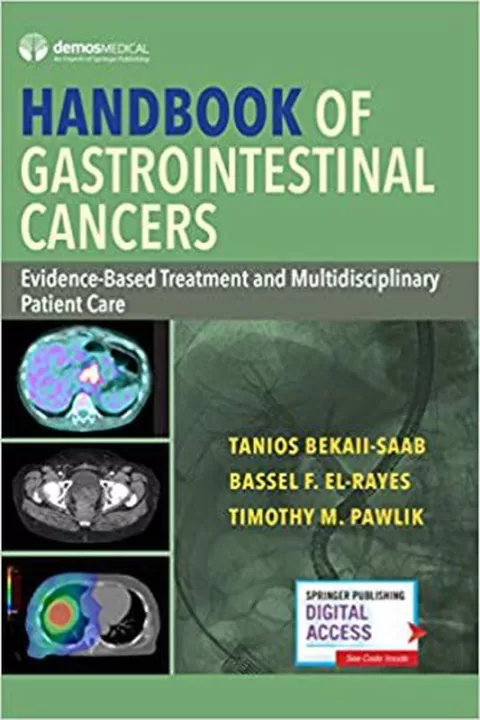Living with bowel incontinence can pose unique challenges that profoundly affect personal well-being and daily activities. This condition, often characterized by the involuntary loss of bowel control, is not just a mere inconvenience but a serious health concern that requires effective management strategies. Understanding how to address bowel incontinence is crucial; therefore, we will explore various techniques for managing bowel incontinence, including tips for bowel control, dietary adjustments, and pelvic floor exercises. With the right bowel incontinence strategies, individuals can regain confidence and improve their quality of life. Join us as we delve deeper into practical solutions that can help establish better bowel management.
Bowel control issues, commonly known as fecal incontinence, can significantly disrupt daily routines and personal relationships. This condition, which refers to the inability to control bowel movements, can stem from various underlying causes ranging from gastrointestinal disorders to muscle dysfunction. Successfully managing these bowel control challenges involves a comprehensive plan that encompasses dietary modifications, physical activity, and mindfulness practices. With practical tips such as developing a personalized management strategy and incorporating pelvic floor exercises, individuals can effectively tackle their symptoms. Whether it’s adjusting dietary habits or establishing a consistent routine, understanding these related concepts is essential.
Understanding Bowel Incontinence
Bowel incontinence is a complex condition often characterized by involuntary loss of bowel control. It can stem from various medical disorders, lifestyle factors, or even psychological stresses. Understanding the fundamentals of bowel incontinence, including its symptoms and potential consequences, is essential for effective management. Symptoms may range from a sudden urge to have a bowel movement to complete loss of control, leading to embarrassment and reduced quality of life.
Identifying the underlying causes can also provide insights into managing this condition proactively. Common causes include functional issues, nerve damage, and chronic conditions like Irritable Bowel Syndrome (IBS). Therefore, recognizing these symptoms not only aids in making necessary lifestyle adjustments but also signals when to seek medical assistance, opening up paths for appropriate treatment strategies.
Frequently Asked Questions
What are some effective strategies for living with bowel incontinence?
Living with bowel incontinence requires a multifaceted approach. Start by recognizing symptoms and creating a personalized management plan that includes dietary modifications, a schedule for bowel movements, and regular pelvic floor exercises to strengthen control. Additionally, practicing mindful techniques and journaling about trigger foods can aid in effective management.
How can diet influence bowel incontinence management?
Diet plays a crucial role in managing bowel incontinence. Incorporate fiber-rich foods gradually to stabilize stool consistency. Staying hydrated is essential, but avoid excess fluids near meals to prevent urgency. Keep track of trigger foods in a journal to identify items that may worsen symptoms, which often include dairy, caffeine, and high-fat options.
What pelvic floor exercises are recommended for improving bowel control?
For those living with bowel incontinence, pelvic floor exercises, commonly known as Kegel exercises, are highly beneficial. These exercises strengthen the muscles that support bowel control. Aim for a consistent routine focusing on tightening and relaxing these muscles to enhance overall bowel function and control.
How can I establish a bowel movement routine to help with bowel incontinence?
Creating a bowel movement routine is key in managing bowel incontinence. Set aside specific times each day for bowel movements to encourage regularity. This routine, combined with dietary strategies and pelvic floor exercises, can lead to improved control and less unpredictability regarding bowel function.
When should I seek professional help for bowel incontinence?
If living with bowel incontinence becomes challenging despite self-management strategies, seek professional help. Consult healthcare providers for potential treatments, including medications, pelvic floor therapy, or surgical options. A tailored approach with professional guidance can significantly enhance quality of life.
| Aspect | Key Points |
|---|---|
| Understanding Bowel Incontinence | Bowel incontinence is involuntary loss of control leading to accidental stool passage. It can stem from various conditions like IBS, digestive disorders, and neurological diseases. |
| Recognizing Symptoms | Signs include consistent urgency, inability to reach the restroom in time, accidental leakage, and changes in bowel habits. |
| Creating a Management Plan | A management plan should include dietary changes, bowel movement schedules, physical exercises, and mindfulness practices. |
| Dietary Modifications | Focus on incorporating fiber, staying hydrated, and identifying trigger foods while keeping a food diary. |
| Exercise Regime | Engaging in pelvic floor exercises (e.g., Kegels) and regular physical activities can enhance control. |
| Timed Bowel Movements | Establishing a routine significantly aids in managing bowel episodes. |
| Seeking Professional Advice | Consult healthcare professionals for medications, pelvic floor therapy, or surgical options if necessary. |
Summary
Living with bowel incontinence can be challenging, yet by employing a comprehensive management approach, individuals can significantly enhance their quality of life. It involves understanding your condition through recognizing symptoms and personalizing a management plan that incorporates dietary adjustments, exercise, and timed routines. Additionally, it is crucial to seek professional advice when needed, as specialists can provide tailored interventions. By adopting these strategies, individuals can navigate their daily lives with confidence and control.
The content provided on this blog (e.g., symptom descriptions, health tips, or general advice) is for informational purposes only and is not a substitute for professional medical advice, diagnosis, or treatment. Always seek the guidance of your physician or other qualified healthcare provider with any questions you may have regarding a medical condition. Never disregard professional medical advice or delay seeking it because of something you have read on this website. If you believe you may have a medical emergency, call your doctor or emergency services immediately. Reliance on any information provided by this blog is solely at your own risk.







